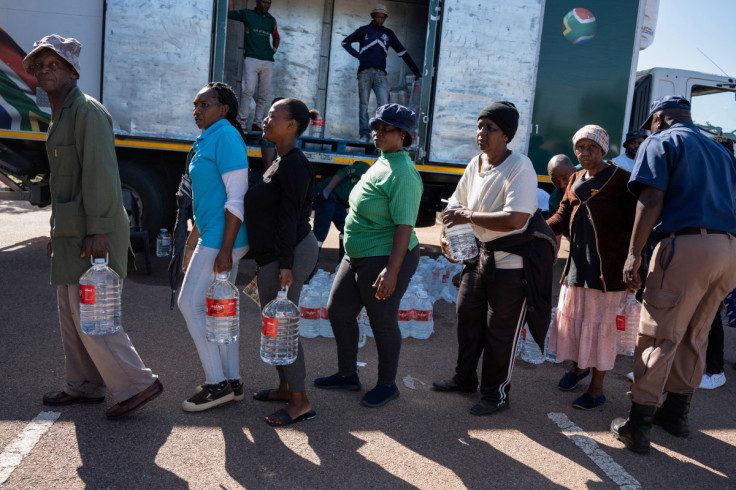Cholera Outbreak: Hammanskraal City Announces Measures To Fix Water Crisis
The City of Tshwane Metropolitan Municipality and the Department of Water and Sanitation (DWS) announced the measures to solve the water crisis in Hammanskraal that caused the cholera outbreak.
DWS' Director-General, Dr Sean Phillips said on Thursday that the department and the municipality are working together to solve this issue and they have "estimated the cost of a full rehabilitation and upgrade of the Rooiwal WWTW to be in the region of R4 billion," SANews reported.
Moreover, they have teamed up with the National Treasury and the Development Bank of Southern Africa (DBSA) in order to do optimal financial structuring for the project.
So far, 25 people have lost their lives due to the cholera outbreak and 173 cases have been reported.
Talking about the measures, they will be repairing and upgrading the Rooiwal wastewater treatment works (WWTW), installing a portable water treatment plant and providing clean water to residents using water tankers.
Phillips explained the implementation of the Rooiwal WWTW project and said that firstly they will be working on stopping or reducing the pollution from Rooiwal, noting that the original source of the cholera outbreak has not been identified yet.
"It is possible that the cholera outbreak in Hammanskraal is related to the pollution of water sources in the area from the City's Rooiwal WWTW, situated upstream of Hammanskraal, which has not been well-maintained for many years, and which has insufficient capacity to deal with the volume of wastewater entering the works," he added.
Cilliers Brink, who serves as the mayor of Tshwane, admitted that the city doesn't have the capacity to solve its own sanitation challenges, adding that there are no sufficient funds.
"In light of the cholera outbreak, it is imperative that the department and the city form a partnership to repair and upgrade the Rooiwal WWTW," Brink said.
Phillips went on to share that the "process of appointing the DBSA as implementing agent has been initiated, as well as the development of detailed technical plans for the repairs and upgrades, including scoping the project stages and tender specifications for the first stage."
He disclosed that an improved wastewater technology solution will be installed at the Rooiwal plant between August this year to March next year. This technology will help to treat the sewage and increase the discharge quality to Apies River.
"In order to improve drinking water provision to the residents of Hammanskraal, Magalies Water will install a portable water treatment plant (called a 'package plant') at its Klipdrift water treatment works near Hammanskraal," Phillips shared.
This portable water treatment plant will "produce 30-40 Ml/day of treated drinking water." Moreover, Magalies Water Company will start installing the plant in July 2023 and it will be completed by March 2024.
The department has promised that by March 2024, there will be sufficient drinking water for Hammanskraal residents.

© Copyright 2025 IBTimes ZA. All rights reserved.




















